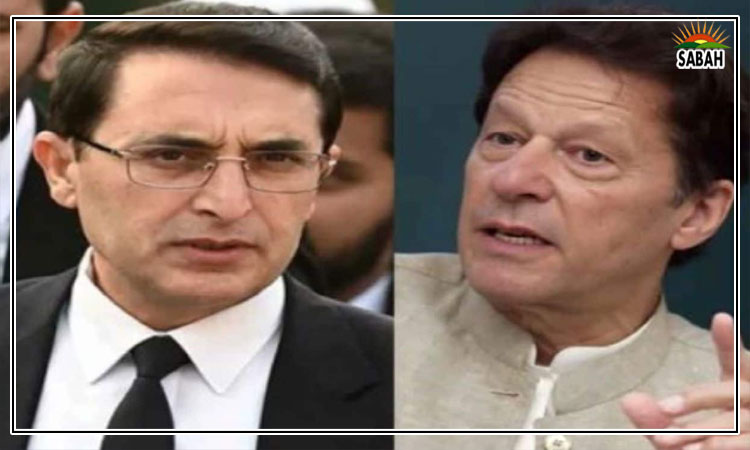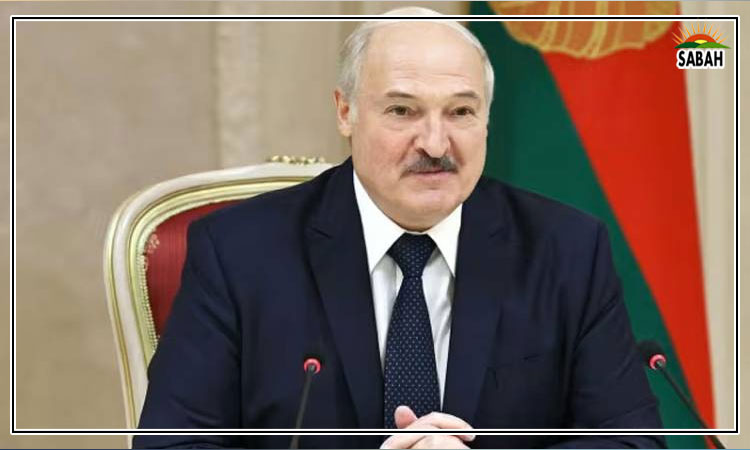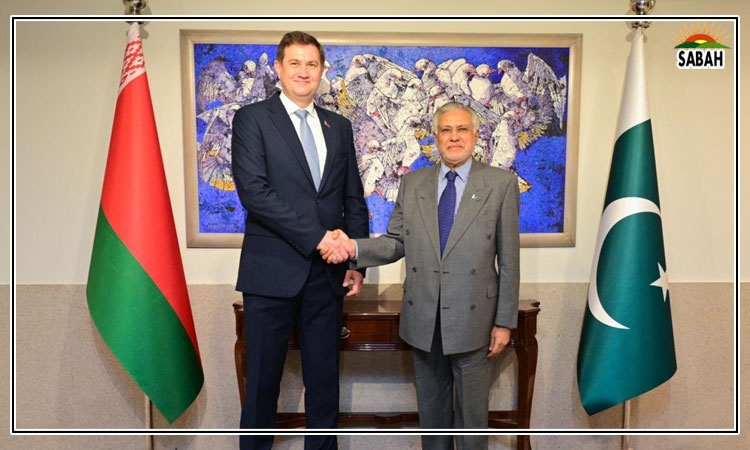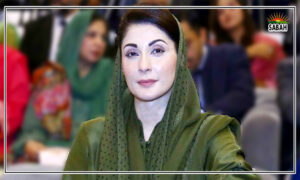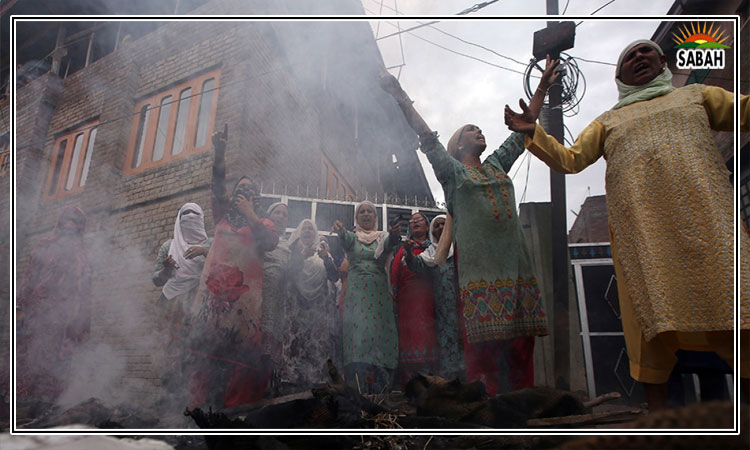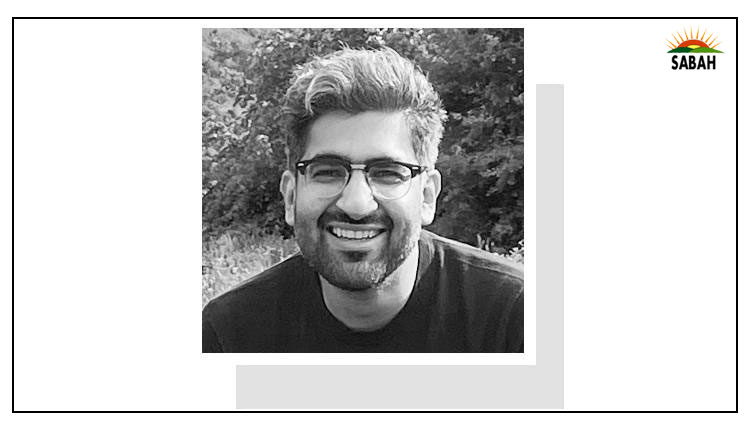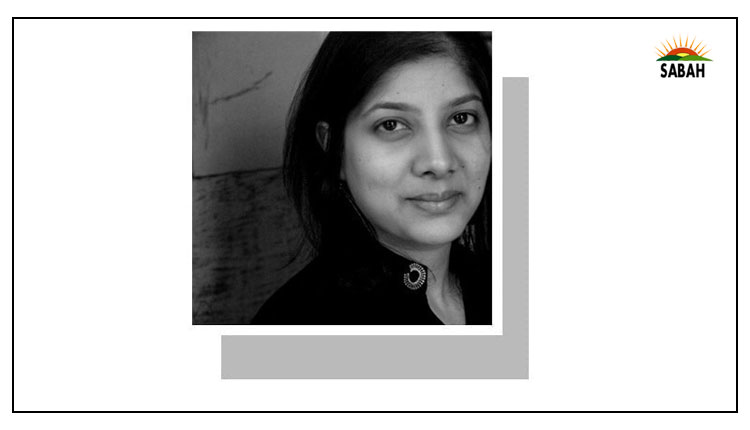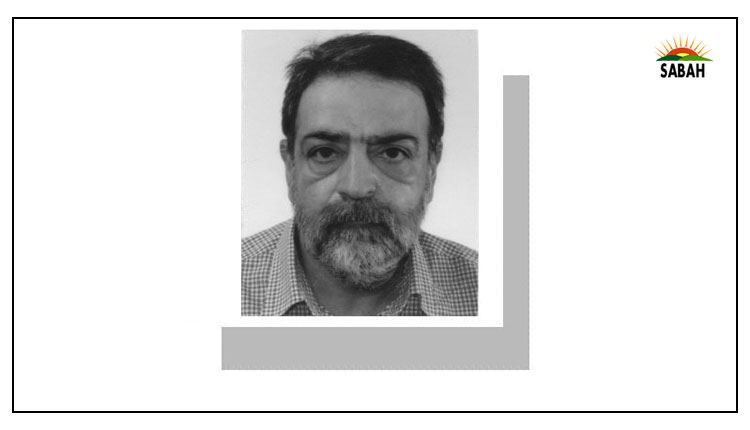Lenin’s legacy…Mahir Ali
AN intriguing triptych included in Iqbals second volume of verse, Baal-i-Jibreel, envisages Vladimir Lenin in the presence of God, explaining why the state of the world prompted his disbelief and wondering when divine intervention would rectify global ills. In rhythmic verse, the angels sent to investigate report back, corroborating the Russian revolutionarys narrative.
In the last and best known of the three poems, the angels are commanded to instigate the overthrow of the existing order, kicking off with a verse that echoes The Internationale in Victor Kiernans translation, Rise, and from their slumber wake the poor ones of my world!/ Shake the walls and windows of the mansions of the great
Thats a reflection of the extent to which the Russian upheavals of 1917 affected the rest of the world, not least the vast expanse of the colonised Global South. The direction Russia took towards the end of World War I inspired shock and awe. The overthrow of the tsar and the prospect of replacing absolutism with bourgeois democracy was dramatic enough, but by the time Lenin returned in April from his exile in Switzerland, he realised the meagre gains were unsustainable.
Even some of Lenins closest comrades were taken aback by his enthusiasm for a takeover, but the prospect of all power to the soviets the elected bodies of workers, soldiers and eventually peasants representatives that shared power with the post-tsarist government and the promise of land, bread and peace resonated with the proletariat of Petrograd (as St Petersburg had been renamed to banish the German influence).
The takeover was eventually almost painless, but the survival of the new regime was unlikely. The tsarist White Army, assisted by American, French and British forces (among others), joined hands to bury the Bolsheviks. But a late recruit to the Bolshevist cause, Leon Trotsky, turned out to be a formidable commander despite his military inexperience and, after much death and destruction on both sides, the nascent Red Army ultimately triumphed.
The Russia that emerged from this maelstrom was a far cry from what Lenin had envisaged, and he set about trying to rectify its wayward course. And he made no secret of it. Laid low by an assassination attempt in 1918 and subsequently stricken by strokes that led to bouts of paralysis, Lenin was just about well enough to speak at the fourth congress of the Communist International in November 1922, in what turned out to be his last public speech, acknowledging that we have done, and will still do, a host of foolish things.
He knew by then that his days were numbered, but from his sick bed later that year he still sought to alter the revolutions trajectory with a series of dictated notes that focused on reorganising both the Communist Party and the economy, banishing the tsarist bureaucracy that had survived the revolution, and sidelining Joseph Stalin, who had acquired too much power within the party and could not be trusted to use it wisely. He obviously could not have known at that stage that Stalins absolute power would lead in the 1930s to the execution of Lenins closest comrades.
The common misperception shared by both friends and foes of the transformative Bolshevik endeavour is that Stalinism flowed seamlessly out of Leninism. There can be little doubt, though, that the Soviet Union would have emerged as a rather different entity if Lenin had survived for another decade, or been succeeded by a collective leadership. Lenin was adamant that accession to the USSR must be voluntary.
It didnt quite work out that way, but the relatively peaceful dissolution of the Soviet Union nearly seven decades later testified to his relentless opposition to the great Russian chauvinism, epitomised by Vladimir Putins stupid invasion of Ukraine. Mikhail Gorbachev remained an admirer of Lenin, and his glasnost and perestroika in the 1980s-1990s were partly echoes of what Lenin sought to achieve in the 1920s.
Neither worked, but memories of what Lenin sought to achieve linger on. The Russian nostalgia for the Soviet past may not pass muster, but the idea of a transformative takeover in nations reduced to misery by capitalist forces lingers. Lenins failure to achieve what he had in mind should not detract from efforts to pursue the unfulfilled dream of a different future.
Even the most strident enemies of Bolshevism acknowledged that Lenins death on Jan 21, 1924, stripped the Soviet Union of an invaluable guide. The worship of Lenin thereafter, with little understanding of what he stood for, was a travesty he would have detested.
Notwithstanding the USSRs fate, if a different world is to emerge in the 21st century, the triumphs and tragedies that embellished or thwarted Lenins audacious project cannot be ignored.
Courtesy Dawn


